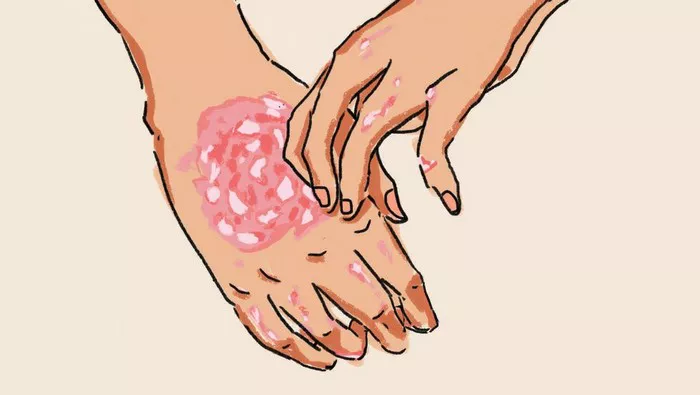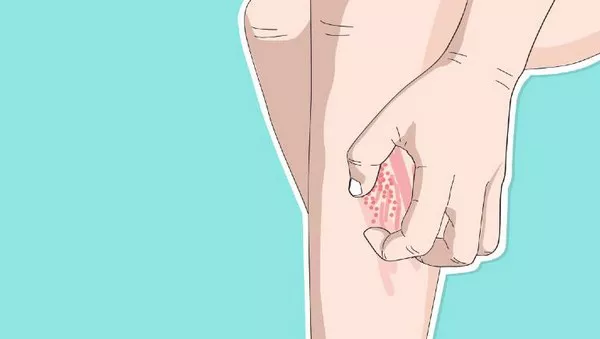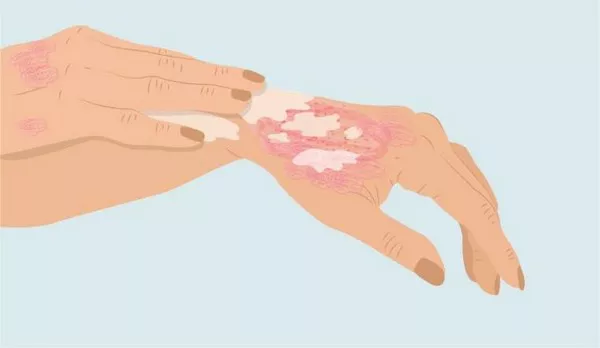Immunodeficiency States
Aging Process: As individuals grow older, their immune systems gradually decline. The thymus gland, which is vital for the development and maturation of T cells, atrophies with age. This results in a reduced production of T cells, which are essential for combating viral infections like the reactivation of the varicella-zoster virus. Older adults are thus more prone to experiencing recurrent shingles.
Chronic Diseases: Certain chronic medical conditions can severely compromise the immune system. For instance, patients with diabetes have impaired immune function due to high blood sugar levels, which can affect the ability of immune cells to function optimally. Similarly, those with heart disease may have a weakened immune response. In addition, individuals with kidney failure undergoing dialysis are at an increased risk, as the dialysis process itself can disrupt the immune system. The medications used to manage these chronic conditions, such as immunosuppressants for autoimmune diseases or chemotherapy drugs for cancer patients, further suppress the immune system, making it easier for the virus to reactivate and cause recurrent shingles.
HIV/AIDS: People living with HIV/AIDS have a severely damaged immune system, as the virus attacks and destroys CD4+ T cells. This leaves the body vulnerable to opportunistic infections, including the reactivation of the varicella-zoster virus. Without proper antiretroviral treatment to control the HIV infection and boost the immune system, the risk of recurrent shingles remains high.
Psychological and Emotional Stressors
Chronic Stress Exposure: Prolonged stress, whether it be from work stressors, financial difficulties, or relationship problems, can disrupt the body’s hormonal balance. Stress hormones like cortisol are released, which can suppress the immune system. This suppression allows the varicella-zoster virus to reactivate more easily. Studies have demonstrated that individuals under chronic stress are more likely to experience recurrent shingles compared to those with lower stress levels.
Mental Health Disorders: Conditions such as depression and anxiety not only affect a person’s psychological state but also have implications for the immune system. Depression has been associated with decreased activity of certain immune cells, such as lymphocytes. People with mental health disorders often have disrupted sleep patterns, poor diet, and lack of exercise, all of which contribute to a weakened immune system and increase the risk of recurrent shingles.
Nutritional Imbalances
Vitamin B12 Deficiency: Vitamin B12 is crucial for the proper functioning of the nervous system and the production of healthy red blood cells. A deficiency in this vitamin can lead to nerve damage and a weakened immune response. Since the varicella-zoster virus affects the nerves, a lack of vitamin B12 may make it more likely for the virus to reactivate. Vegetarians and vegans, who may not consume enough animal products, are at a higher risk of vitamin B12 deficiency.
Vitamin C and Zinc Deficiencies: These nutrients possess antioxidant properties and are integral to the immune system’s defense against infections. Vitamin C is involved in the production and function of white blood cells, which are vital for fighting off viruses. Zinc is required for the proper functioning of many immune cells and is also involved in the healing process. A diet lacking in fresh fruits, vegetables, and other rich sources of these nutrients can result in deficiencies, thereby increasing the susceptibility to recurrent shingles.
Infections and Co-Morbidities
Respiratory Tract Infections: Viral or bacterial infections of the respiratory tract, such as influenza or bronchitis, can place a significant burden on the immune system. When the immune system is occupied with fighting off these respiratory infections, it may not be able to effectively suppress the varicella-zoster virus, leading to its reactivation and a recurrence of shingles.
Gastrointestinal Infections: Infections in the gastrointestinal tract, like those caused by certain bacteria or viruses, can disrupt the normal absorption of nutrients and the function of the immune system. Diarrheal diseases, for example, can lead to malabsorption of essential nutrients, weakening the body’s defenses. This weakened state can create an environment in which the varicella-zoster virus is more likely to reactivate.
Autoimmune Disorders: Autoimmune disorders, such as rheumatoid arthritis and lupus, not only cause the immune system to attack the body’s own tissues but also often require the use of immunosuppressive medications. These medications suppress the immune response, increasing the risk of the varicella-zoster virus reactivating and causing recurrent shingles.
Genetic Susceptibility
Unhealthy Lifestyle Habits
Smoking: Smoking is known to have detrimental effects on the immune system. The numerous chemicals in cigarette smoke can damage immune cells and disrupt their normal function. This impairment makes it more difficult for the body to control the varicella-zoster virus, leading to a higher likelihood of recurrence.
Excessive Alcohol Consumption: Heavy drinking can suppress the immune system and cause nutritional deficiencies. Alcohol interferes with the absorption of essential nutrients like vitamin B12 and zinc, which are crucial for immune function. Additionally, it can damage the liver, which plays a role in the body’s immune response, further compromising the body’s ability to fend off the virus.
Lack of Physical Activity: A sedentary lifestyle is associated with a weakened immune system. Regular exercise helps to boost the immune system by increasing the circulation of immune cells and promoting overall health. People who lead a largely inactive life are more prone to experiencing recurrent shingles compared to those who engage in regular physical activity.



























